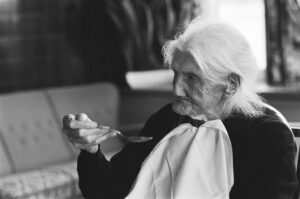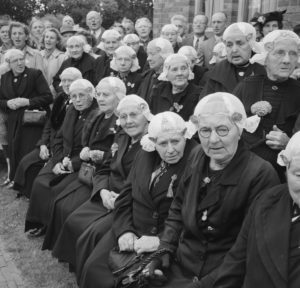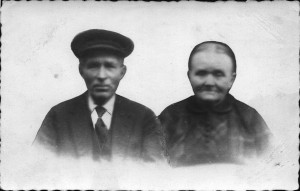The leeftijd is the age. You may find a person's age mentioned in birth records (father, informant, witnesses), marriage records (bride and groom, witnesses), death records (deceased, informant, witnesses), census records, and also in some court or notarial records, especially when people testify about something. As you go back further in time, there will be fewer records that give a person's age. Keep in mind that illiterate people are less likely to know their own age. An age that ends in 0 … [Read more...]
Dutch term – Bejaard
In modern Dutch, the term bejaard means "senior" and a bejaarde is a senior citizen. Before say 1800, the term bejaard or bejaerd was used to indicate that somebody had reached the age of majority. You can encounter the term in marriage records, which may call somebody an onbejaarde man [man who is not of age] or bejaerde dogter [woman/daughter who is of age]. … [Read more...]
Quick tip – Your ancestors may have gotten older than you think
Many people think that people died a lot younger in earlier centuries. While poor healthcare, contagious diseases, risks of childbirth and dangers at sea certainly took many of our ancestors before their time, several of them lived to be quite old. The main reason that the average lifespan was shorter than today is because of infant mortality. But none of our ancestors died as a child: all of them lived long enough to produce offspring or they would not have been our ancestors. Their … [Read more...]




